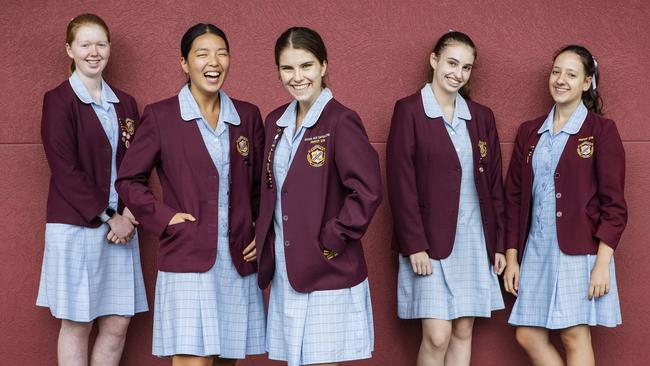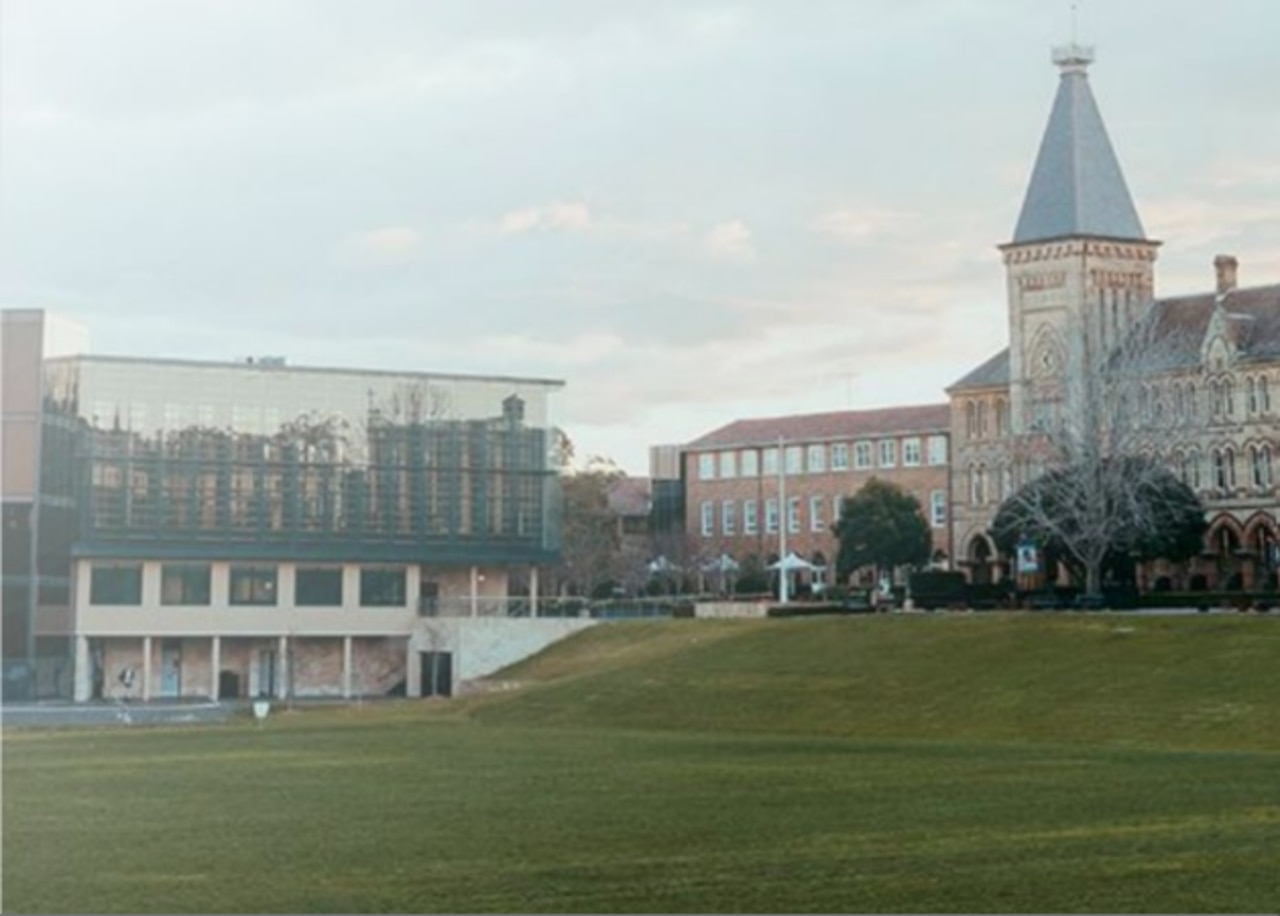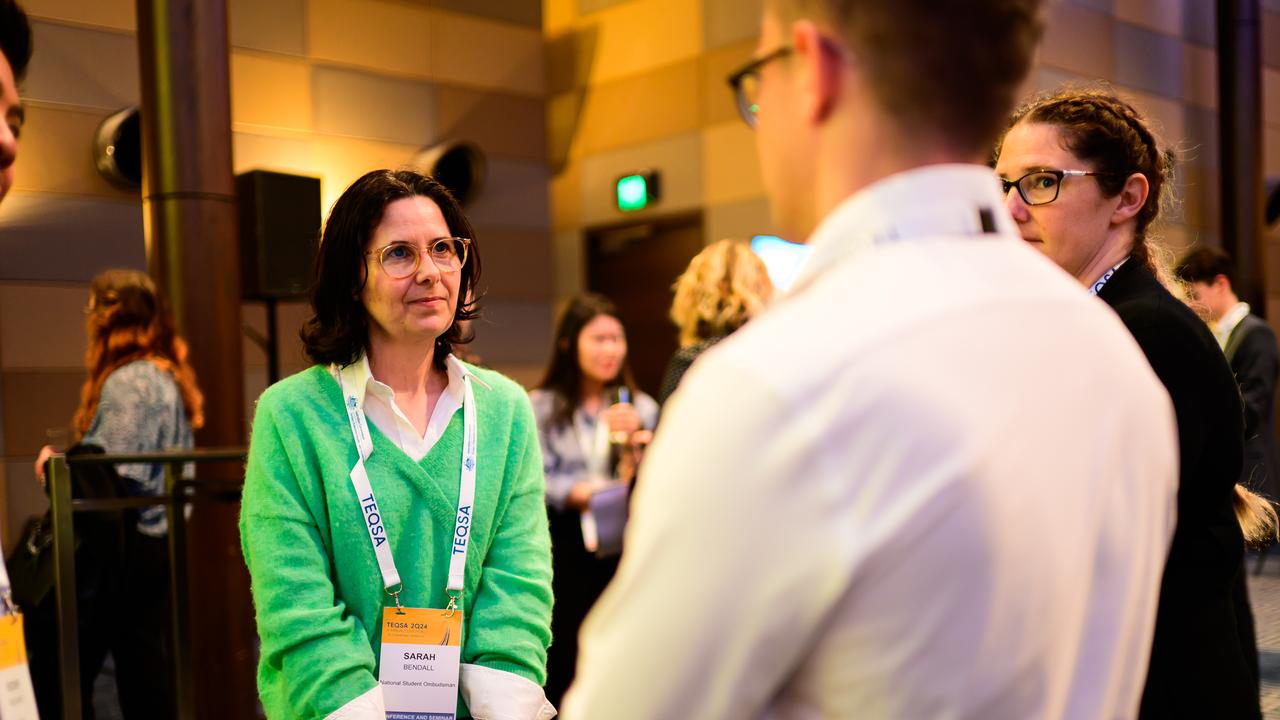Girls shunning maths ‘shut out of jobs’
Parents could hold the key to boosting girls’ meagre participation in maths and science at school.

Parents could hold the key to boosting girls’ meagre participation in maths and science at school, amid concerns that more than a decade of policy interventions and awareness campaigns have failed to yield results.
New figures on Year 12 mathematics participation, released by the Australian Mathematical Sciences Institute to coincide with International Women’s Day today, reveal that less than 7 per cent of girls studied advanced, or higher-level, maths in their final year of school in 2017.
That was down from 7.8 per cent the year before, continuing a 20-year downward trend. In comparison, 12 per cent of boys were enrolled in the subject.
The figures, while concerning, are of little surprise when taking into account the latest government survey on youth attitudes and awareness of science, technology, engineering and maths subjects and careers, which reveal a male skew towards such subjects.
Of the 2000 students aged 12 and older interviewed for the Department of Industry, Innovation and Science survey, 52 per cent of males claimed they were considering studying STEM subjects in the future, while only 40 per cent of females said likewise.
By Years 9 and 10, 70 per cent of males were undertaking at least one STEM-related elective subject, compared with less than a third of female students.
AMSI director Tim Brown said the discrepancy was a “significant concern”, given that many jobs in growth industries, such as business analytics and data science, relied on advanced mathematics skills.
Professor Brown said girls were shutting themselves out of future opportunities by shunning maths.
“Mathematics is the doorway to a multitude of exciting pathways,” he said.
“Regrettably, the prospects for Australia without increased participation, particularly for girls, are not good when it comes to our ability as a country to compete in the world economy.”
Professor Brown said previous policy interventions and campaigns to boost girls’ STEM participation were “not working as well as hoped”. “It’s hard to shift community attitudes,” he said.
“There’s a lack of awareness among many parents of how important advanced mathematics is when it comes to being able to access these jobs of the future.”
The departmental survey also highlighted the crucial role of parents in encouraging girls to stick with maths and science in senior school, with more than half of respondents saying their parents were the biggest influence on their subject choices, compared with a quarter who singled out teachers.
Sydney’s Roseville College, which has bucked the trend in girls’ STEM participation, has taken a “deliberate and strategic approach” to encouraging senior girls into advanced-level maths and science, starting with enrichment and acceleration opportunities in the junior school, according to principal Deb Magill.
As a result, 72 per cent of Year 11 students and 62 per cent of Year 12 students this year are studying advanced maths.
“This is a trend we have seen grow over the past six years — more and more of our girls want to be challenged by the more advanced mathematics courses,” Ms Magill said.
“Learning works best for our students when there is a three-way partnership between the girls, their families and the school.”


